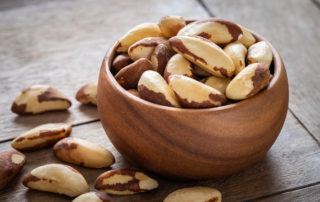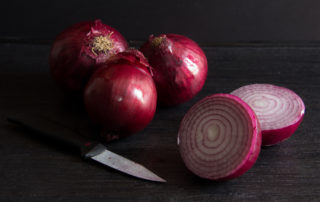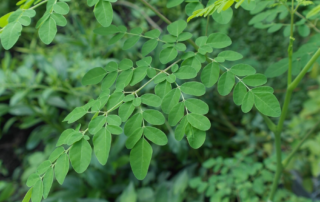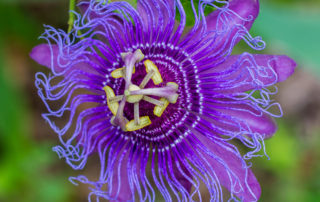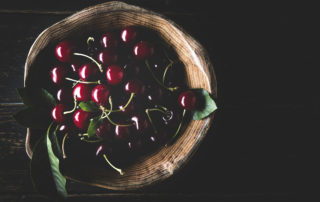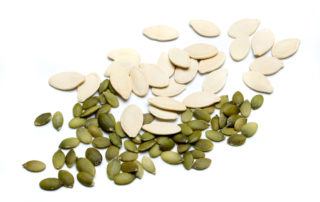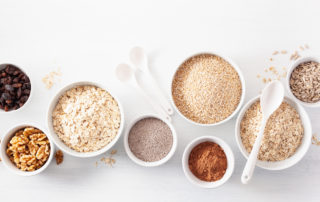Lowering Glutamate | Selenium
Selenium- One brazil nut per day should give you the daily recommended amount of selenium needed. “These results suggest that glutamate targets the mitochondria and selenium supplementation within physiological concentration is capable of preventing the detrimental effects of glutamate on the mitochondria” http://www.ncbi.nlm.nih.gov/pmc/articles/PMC3378533/42 Why Is This Important? Glutamate is also the most abundant neurotransmitter, responsible for regulating over 50% of the nervous system. It is classified as an excitatory neurotransmitter, which means it excites or stimulates nerve cells located throughout the nervous system. Glutamate also has the ability to regulate other neurotransmitters, [...]

